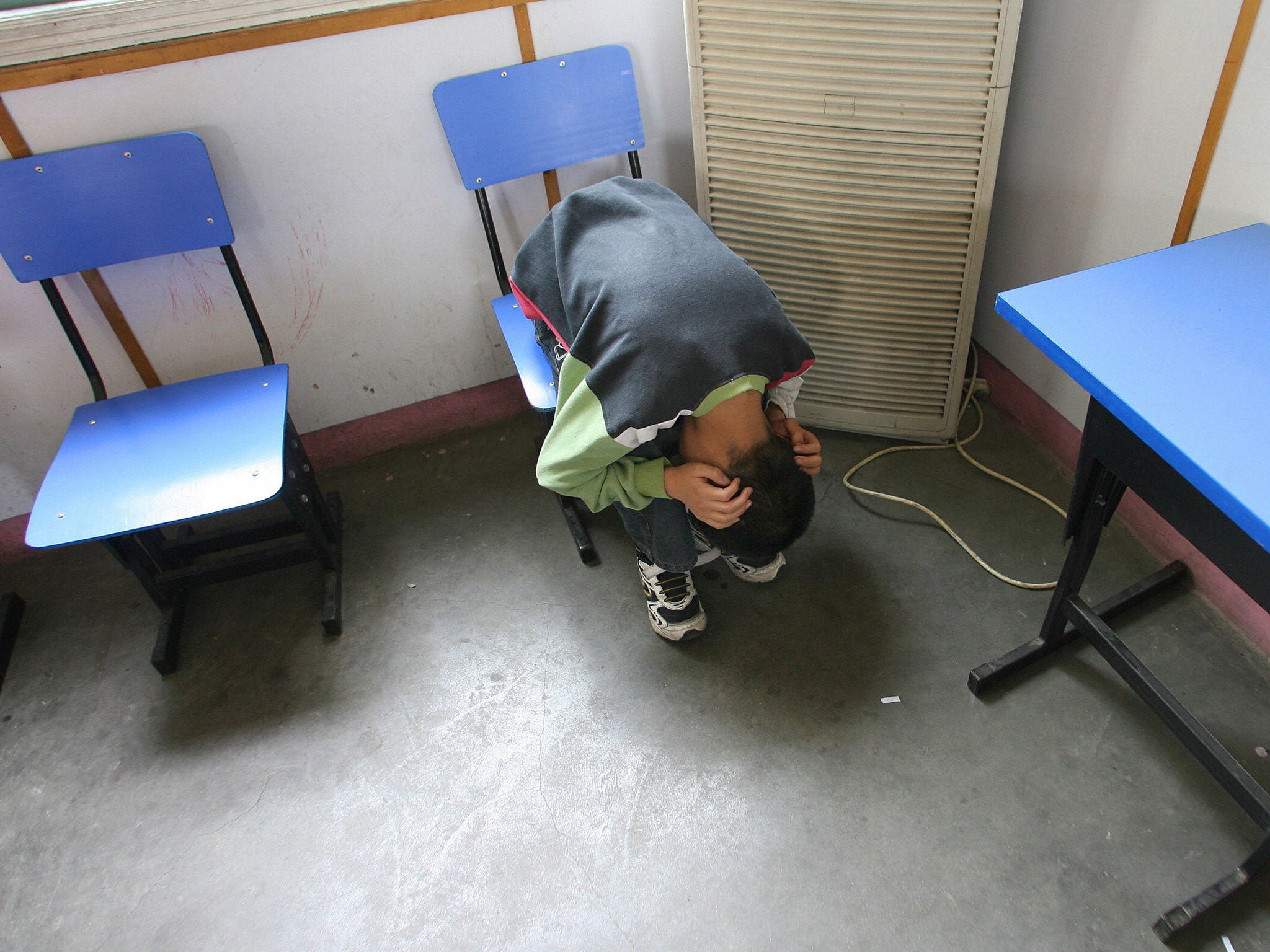Never forget a face? Scientists unlock genetics that cause autism sufferers’ memory struggles
People with the gene variant are less able to recognise faces

One in three people have inherited a genetic variation that impairs their ability to remember faces, according to a study that could explain why some individuals recall everyone they have ever met while others have difficulty recognising their own relatives.
The study was carried out on nearly 200 families with an autistic child as part of research into genetic influences on the childhood disorder, which is linked with an inability to recognise faces as part of normal development.
However, the scientists believe that the findings have a wider significance by explaining – at least to some extent – the wide variation in the ability of the general population to recognise faces, whether of total strangers they have seen just once, or of close friends and relatives.
The scientists studied the gene for the protein receptor responsible for triggering the reaction in the brain to oxytocin, the so-called “love hormone” that helps to form social bonds, especially between close friends and lovers, as well as between mothers and their new-born babies.
When they analysed the genetic variation of the oxytocin receptor gene in 198 families with an autistic child they found a small change in the gene’s DNA sequence had a large and significant impact on the memory skills for faces within the families.
The particular variation in the gene is common in the general population, with about a third of people inheriting both copies of the deficient gene variant from each of their parents. The scientists said that high prevalence of the gene variant could explain why a relatively large proportion of people have difficulty with remembering faces.
“Some people seem to remember the faces of almost everyone they have met, yet others struggle to recognise even close friends and family,” said Professor David Scuse of the Institute of Child Health at University College London, the lead author of the study published in the Proceedings of the National Academy of Sciences.
“We have found a possible explanation. A gene related to oxytocin, the ‘love hormone’, influences face memory and, surprisingly, about one in three people has a version of the gene that doesn’t work so well,” Professor Scuse said.
Oxytocin is released into the bloodstream during and after childbirth, as well as during lactation, and is believed to stimulate bond-forming between a woman and her baby. It is also released during love making and orgasm, helping to form pair bonds.
However, oxytocin is also released in the brain of both sexes as a “neuromodulator” and it is this aspect of the hormone’s function that is believed to be involved with face recognition, which is the primary way that humans identify individuals.
Autistic children find it difficult to form social bonds and do not learn to recognise faces in the normal way. Their close relatives also tend to have a higher-than-average risk of displaying milder versions of these kinds of autistic traits, Professor Scuse said.
“Our central conclusion is that it seems like a variation in a single gene is associated with strikingly different abilities in the population we studied to remember faces, and it could account for a significant proportion of the variation we see in the general population to recognise faces,” he said.
“It’s very unusual for a single gene to have an influence on such a complex trait as facial recognition. People with the gene variant are less able to recognise faces and it’s a bit like inheriting the kind of genes that make you two inches shorter than the average height,” Professor Scuse explained.
Join our commenting forum
Join thought-provoking conversations, follow other Independent readers and see their replies
Comments
Bookmark popover
Removed from bookmarks